Recent survey shows that about ¼ of the families out there haven’t taken a “vacation” this summer. But there is still time…summer isn’t over yet! You don’t need much time, or money, or even travel plans. You can enjoy a stay-cation weekend camping in your own back yard, or look into how tourist enjoy your area. There are many options for family fun and many of those options are a great way to help your children prepare for “Back to School.”
Our last article talked about how to make “summer school” fun, but kids don’t need summer school to avoid the “summer slide.” Vacation can be filled with education. From camping in your backyard, to being a tourist in your neighborhood, to traveling abroad – there is much to learn about. This last year our family has really explored our state. From our home town in northern-lower Michigan, to the mittens east, west and center, from Detroit to the Keweenaw we have visited people and places. We swam in three great lakes, hiked up look-out points and traveled down into mines. We visited zoos, forts, museums, concerts… From indoor activities to outdoor adventures Michigan is filled with history and knowledge to share with your kids.
As our kids grow we hope to explore as many states AND countries as possible (benefit of my husband’s need to travel for film work and our homeschooling schedule). We will expose our kids to different lands and people – encouraging cultural awareness, acceptance and respect. We will teach our kids how their actions affect others beyond themselves and reasons for being responsible. We’ll hope our teachings stick by giving reasons. We’ll avoid saying “because I said so,” unless that is the reason. If it is the reason I hope we’ll become aware of that, and then decide if the instruction is necessary. Did we instruct them to “Be quiet, because I said so,” or because “I have a headache,” or because “we are in a museum and others are trying to learn in here, and if everyone was talking loudly it would be very disruptive…” If the museum is hands-on do you need to quiet down your kids? How loud can they be while they explore and ask questions? Instead of telling your child to stand in silent-stilted awe, encourage them to participate and savor the experience and truly live and learn from the moment!
Encourage yourself to participate. Live in the moment and learn by playing with your child. When was the last time you engaged in an exhibit or observed a painting or building from their eye-level? When was the last time you approached a tree from their size and saw how immense and fascinating the world is? When was the last time you laid in the grass and talked about what you see in the clouds, used your imagination in nature, watched for falling stars?
As we start a new school year and I look back on the past one it is interesting to find out what moments created the best memories for my kids. What lessons they learned the most from, what activities they enjoyed… what events were a waste of time… I’ve been considering ways to engage with my kids (and students) and make sure this is an amazing year. I would say a “productive” year but I’m not as worried about product – I care more about the process. And although we home-school, I try not to do “school at home,” meaning I try to make lessons more than sitting at desks doing our reading, writing and mathematics simply as the teacher’s guide instructs. I believe a hands-on education means more than just using manipulatives and educational games… hands-on means engaging in real-life teachable moments. Reading and writing and math should be taught through how it’s applicable in real life – how do we use reading with instructions for our new toy, how do you write a thank you letter for that gift, how does math come in handy when shopping? Hands-on means extending the 3R’s (Reading, wRiting, and aRithmatic) with their science, geography, social studies, history… implementing the lessons through a whole curriculum instead of separating knowledge by subject matter.
We still have “math” class or “science” class, but subjects will morph – or blend – into each other. For example: geography is “the study of the physical features of the earth and its atmosphere, and of human activity as it affects and is affected by these, including the distribution of populations and resources, land use, and industries…” Therefore geography is science, it is social studies, it is history … it is math when you are locating and graphing and it is reading and writing when you are researching and reporting … Combining courses connects us to “why” we learn each subject. It gives us a reason for wanting the knowledge, not simply “because someone said so.” When we give reason and engage with our kids (and students) they are more likely to be excited about learning and going “back to school.”
My son laughed at the term “back to school” recently stating he didn’t know we ever stopped school. This summer we still did some worksheet and math activities, but our schedule was less structured and we kept busy with library clubs, martial arts, swim lessons, play groups, vacation Bible schools… we participated in local festivals and fairs, we went camping and are heading on another “vacation” soon filled with field-trips. Some kids might not recognize their vacation outing to the zoo is an educational field trip – and learning through fun without even realizing your learning is great … but it’s even more impressive when your kid realizes that vacation outings are educational and he’s excited about that! It’s inspiring when a child has a thirst to learn more and a drive to learn how to read so he can read every little sign at that zoo and draw / write about the animal in his travel-journal, then come home and look it up on the computer for more details, including where it lives… then discuss how the animals geography relates to the science of one’s habitat and food and relates history to the animals life and math to its years compared to other living things and … well, even without knowing how to articulate it they tell us how to use the subjects they are interested in to assist them in the areas of struggle. They can help plan the curriculum and encourage learning.
Summer’s not over. There is still time to learn new things and reinforce old skills – through your families summer vacation. There is still time to get them excited about “back to school.” If nothing else go on an imagination-vacation. Play pretend and read stories about far off or fantasy lands. Reading is the number one way to prepare your kids for a lifetime of learning. Need some new books? Join us for our book-swap ! Trade books, enter to win “back2school” resources, network with parents and providers … pack a picnic for the playground and sign up for our Literacy Lunch event today!
Also, if you haven’t already: sign up for our article updates towards the top right of this page ~ curriculum articles and reviews will be starting soon! More educational and recreational resources can be found on our Pinterest and YouTube channels. Like us on Facebook and feel free to ask other parents/providers for tips and tools there – or by commenting below. THANKS

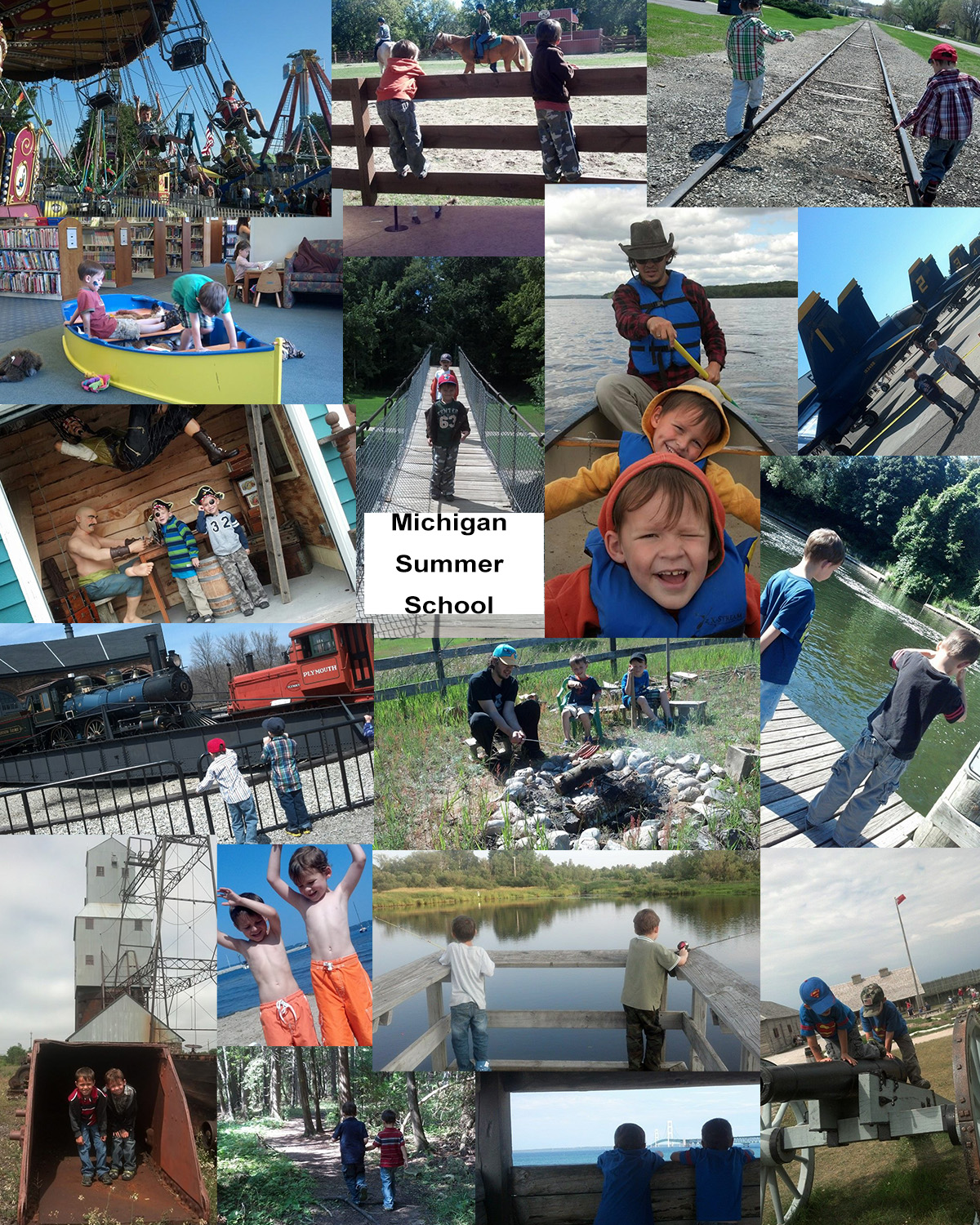
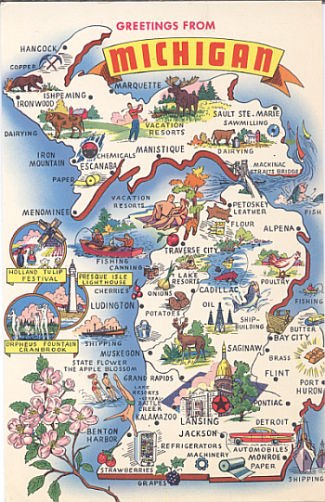
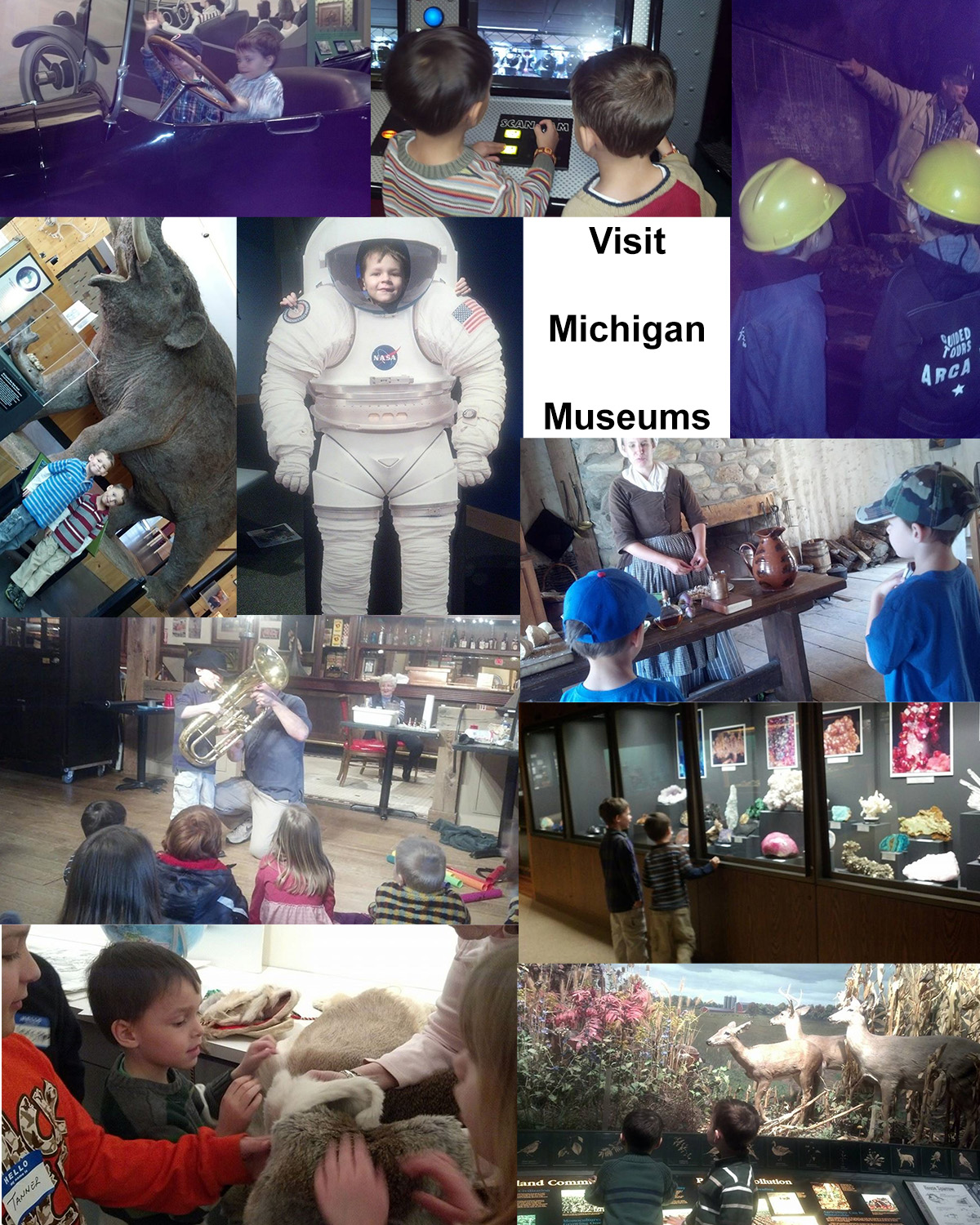
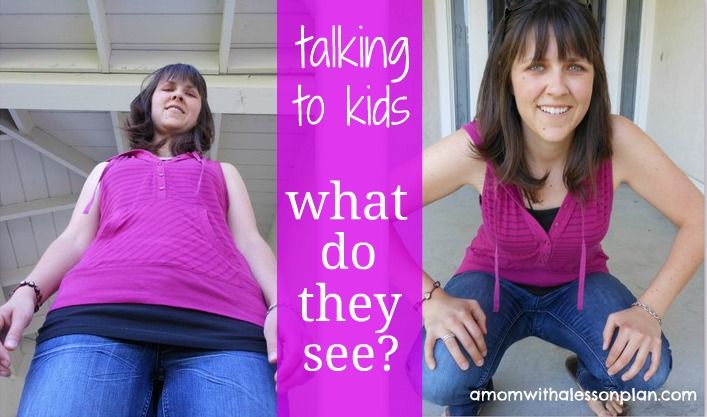
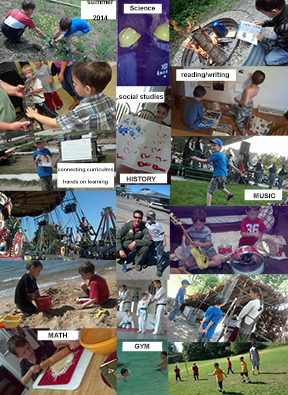


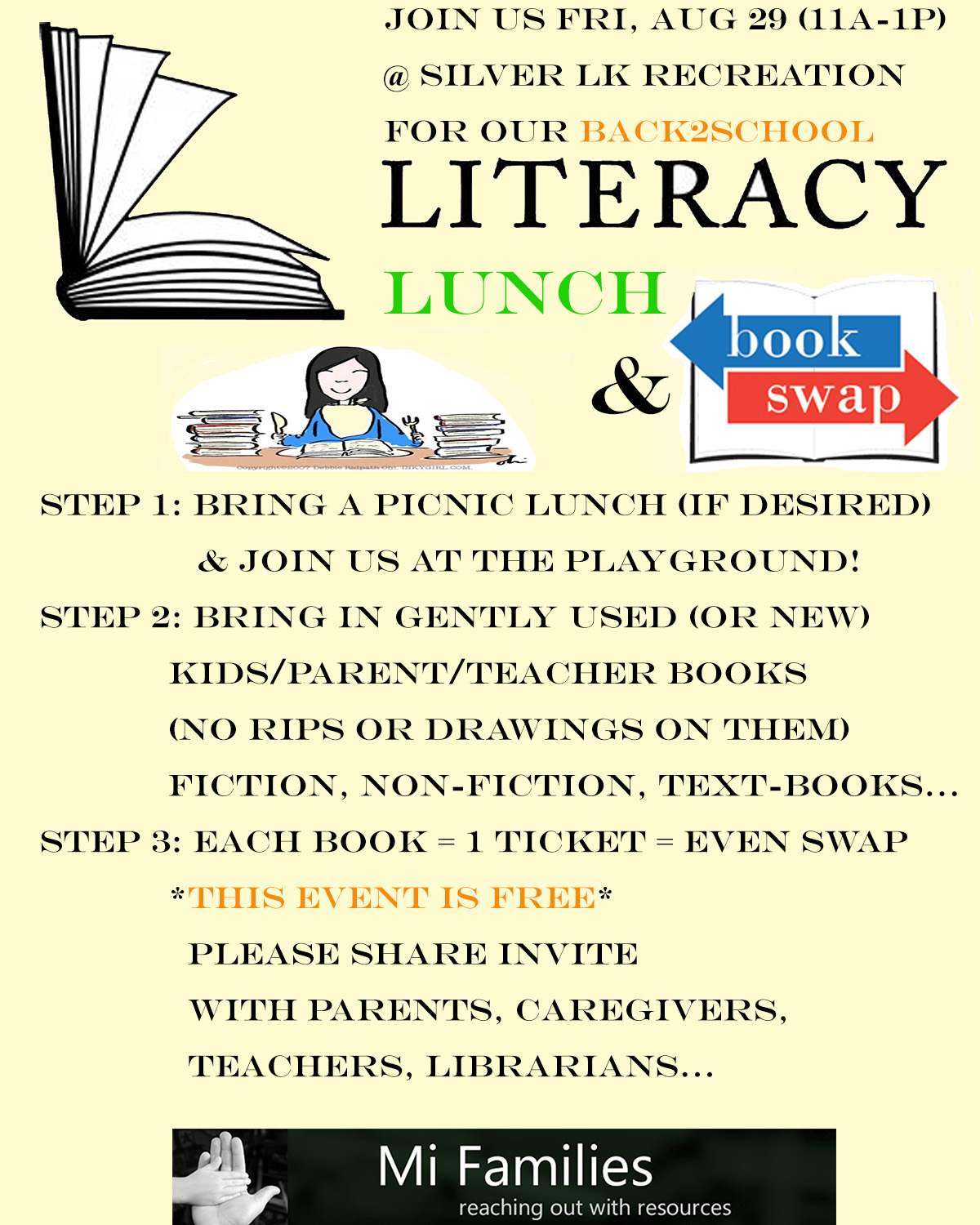

Leave a Reply